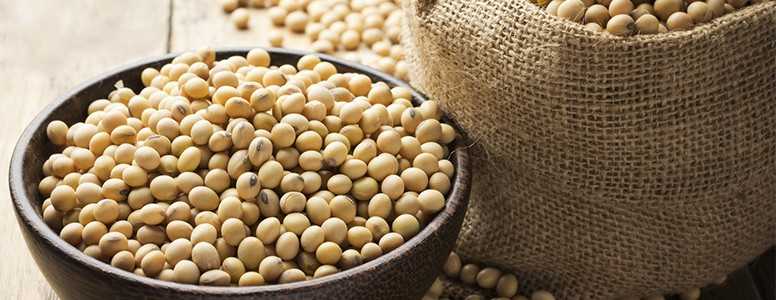Eating soy products could protect women with polycystic ovary syndrome (PCOS) from type 2 diabetes, scientists claim.
Researchers from Kashan University of Medical Sciences, Iran also report that a diet high in isoflavones – naturally-occurring compounds found in certain plants – could benefit the metabolism and heart health of women with PCOS.
The condition, thought to affect one in five women in the UK, is responsible for 70 per cent of female infertility issues and increases a woman’s risk of developing serious health conditions, such as insulin resistance.
Isoflavones help to correct the balance of hormones because they are a source of plant-based oestroge, the research team say.
Lead researcher Zatollah Asemi said: “Our research found that women who have PCOS may benefit from incorporating soy isoflavones in their diets.
“There is growing interest in how adding soy to the diet can help address metabolic syndrome and related health conditions. Our findings indicate consuming soy isoflavone regularly may help women with PCOS improve their metabolic and cardiovascular health.”
Researchers led a trial of 70 participants with PCOS aged between 18 and 40. They were then split into two groups – one given 50mg of soy isoflavone supplements (the equivalent to 500ml of soy milk) and the other a placebo every day for 12 weeks.
Blood samples were taken at the beginning and end of the research to measure metabolic, endocrine, inflammation and stress biomarkers. Participants were told to avoid other nutritional supplements and to maintain their normal level of exercise during the study.
They found soy isoflavone supplements significantly reduced circulating levels of insulin and other biomarkers of insulin resistance.
Women who took the supplements also had reduced levels of testosterone, LDL cholesterol and triglycerides compared to those who received the placebo.
The study was published in the Endocrine Society’s Journal of Clinical Endocrinology and Metabolism.
What's new on the forum? ⭐️
Get our free newsletters
Stay up to date with the latest news, research and breakthroughs.






